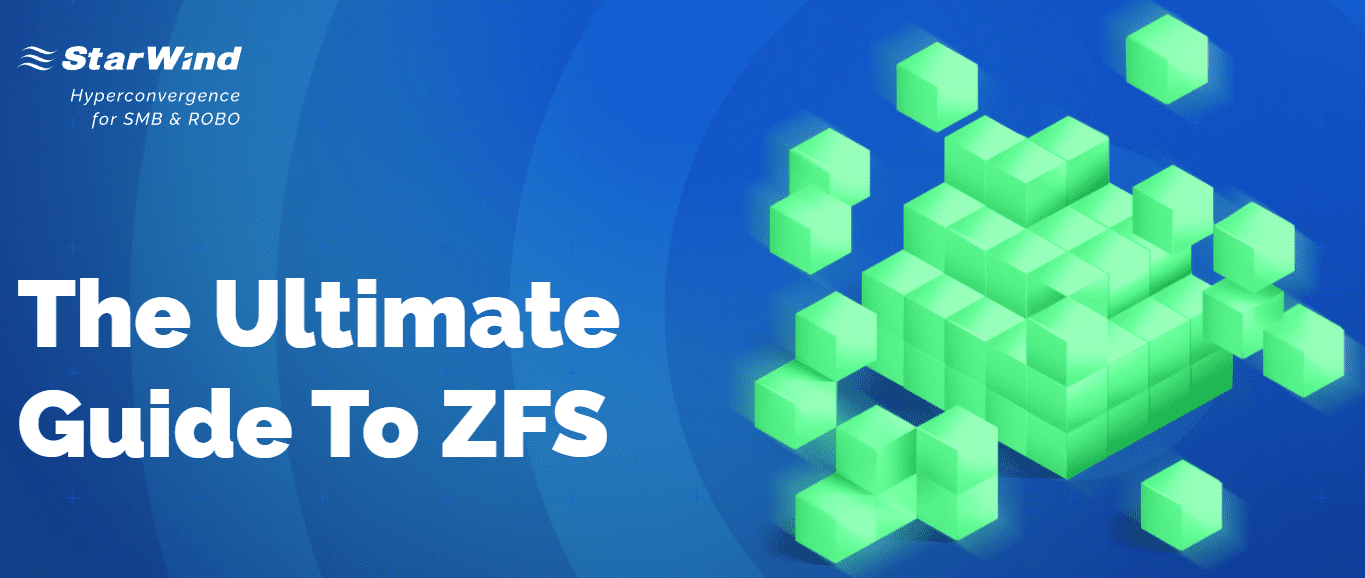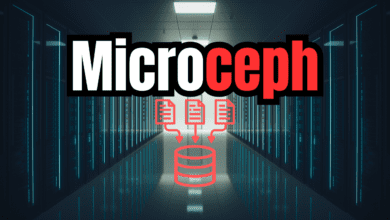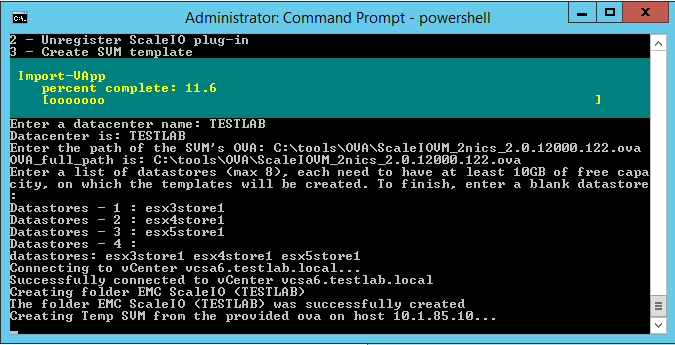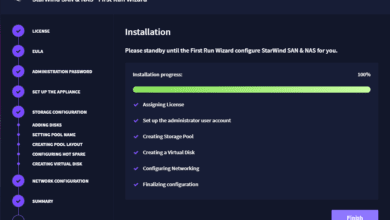ZFS Ultimate Administration and Troubleshooting Guide – StarWind Webinar
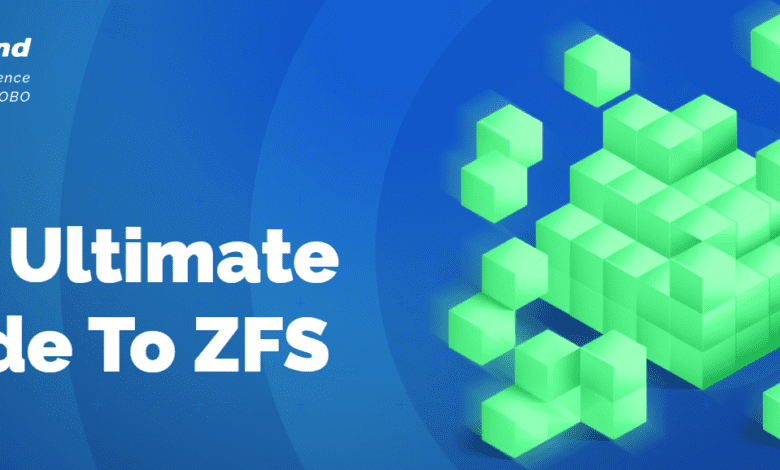
When it comes to file systems, there are many of them available for use today between Linux, Windows, and other operating systems. A file system that you may have heard about, especially due to its ability for almost infinite scaling, is ZFS. ZFS is a robust file system that provides many benefits and capabilities without the need for any other solutions and third-party tools. StarWind, a leader in implementing ZFS solutions with its Virtual Storage Appliance, is providing an ultimate guide to ZFS webinar series that is a great place to start if you are looking to learn more about ZFS, how you can benefit from it in your environment, and implement it correctly. Let’s break down a few of the things presented in the ZFS Ultimate Administration and Troubleshooting Guide.
- You can view the current Ultimate Guide to ZFS webinar videos and register for future videos here.
What is ZFS?
ZFS stands for the Z (Zettabytes) File System, created in 2001 as a next-generation file system for Sun Microsystem’s OpenSolaris. It was ported to FreeBSD and many other Linux distributions over time. ZFS is an advanced file system that features the following:
- Maximum 256 Quadrillion Zettabytes storage
- Storage is arranged as Pooled Storage
- It performs copy-on-write operations
- It provides the ability for snapshots
- It provides data integrity verification and automatically repairs errors
- It provides RAID in the form of RAID-Z
- Maximum 16 Exabyte file size
- Maximum storage size is 256 Quadrillion Zettabytes
While ZFS has many great benefits, it is important to understand both its strengths and weaknesses when used in various use cases and where it may be the best fit. Note some of the great information you can learn in the webinar series. As an example of the information presented, note the following.
ZFS administration and troubleshooting
For the ZFS Ultimate Administration and Troubleshooting Guide, you need to understand the drawbacks of ZFS. We discussed the benefits and capabilities in the list above. What are the drawbacks or disadvantages of ZFS?
- ZFS lacks flexible scaling options – build ZFS with proper storage planning in mind
- Deduplication needs a lot of RAM – compression might be more beneficial – In the case of RAM-starved systems, ZFS performance drastically decreases. Compression is a better option in cases of little RAM
- ZFS synchronous writes are acknowledged in ZIL which is part of the pool by default – use SLOG on fast storage for better performance – ZFS ZIL SLOG is a fast persistent write cache for ZFS storage
What about its use with modern hypervisors?
Why is ZFS missing in Hyper-V and VMware?
There are many reasons for the ZFS file system not being natively included in modern hypervisors like VMware and Hyper-V, including:
- ZFS is designed as a single pool, not intended for clustering typically seen in VMware and Hyper-V environments
- ZFS is a primarily oriented with HDD technologies, not SSDs
- ZFS overall is not the best fit for virtualized workloads. Its “bread and butter” is backups, archival, file and media storage where the typical workload is large sequencial writes.
- Virtualization workloads are typically small random writes
Additional topics and questions that are covered in the Ultimate Guide to ZFS
The StarWind Ultimate Guide to ZFS webinar videos are one of the best resources you will find on the web for an all-inclusive look at the ZFS file system and ZFS administration and troubleshooting. What are some of the additional topics and questions that are covered in the Ultimate Guide to ZFS?
Webinar 1 – ZFS: Yesterday, Today, and Tomorrow
- ZFS history
- ZFS main operational principles and stucture
- ZFS features (snapshots, self-healing, RAID-Z, dRAID, and others)
- Discover software solutions utilizing ZFS currently
- ZFS best practices and developments coming for the file system in the near future
- Watch this webinar here: ZFS: Yesterday, Today, and Tomorrow (starwindsoftware.com)
Webinar 2 – The Truth About ZFS
- Benefits and drawbacks of ZFS
- Why ZFS is missing in Hyper-V and vSphere
- Ways to deliver ZFS and ZFS on Ubuntu
- Watch this webinar here: ZFS: Yesterday, Today, and Tomorrow (starwindsoftware.com)
Webinar 3 (Coming soon) – File Server Storage and How It’s Delivered in ZFS Solutions on the Market
- Register for this webinar here: File Server Storage and How It’s Delivered in ZFS Solutions on the Market (starwindsoftware.com)
Webinar 4 (Coming soon) – Backup storage and how it is delivered in ZFS solutions on the market
- Registration information will be posted soon
Read Virtualizationhowto blogs covering StarWind products and solutions
- New StarWind VSAN for VMware released new features
- Hyper-V vSAN Equivalent with StarWind VSAN
- StarWind Backup Appliance (BA) with NVMe Storage performance
- Add NAS to VMware ESXi with StarWind SAN & NAS Free
- StarWind VSAN ZFS and Linux VSA
- StarWind HCI Evaluation Kit Released: Config Walkthrough
- StarWind SAN & NAS Free for VMware vSphere Released
- StarWind SAN & NAS Free for VMware vSphere Released


